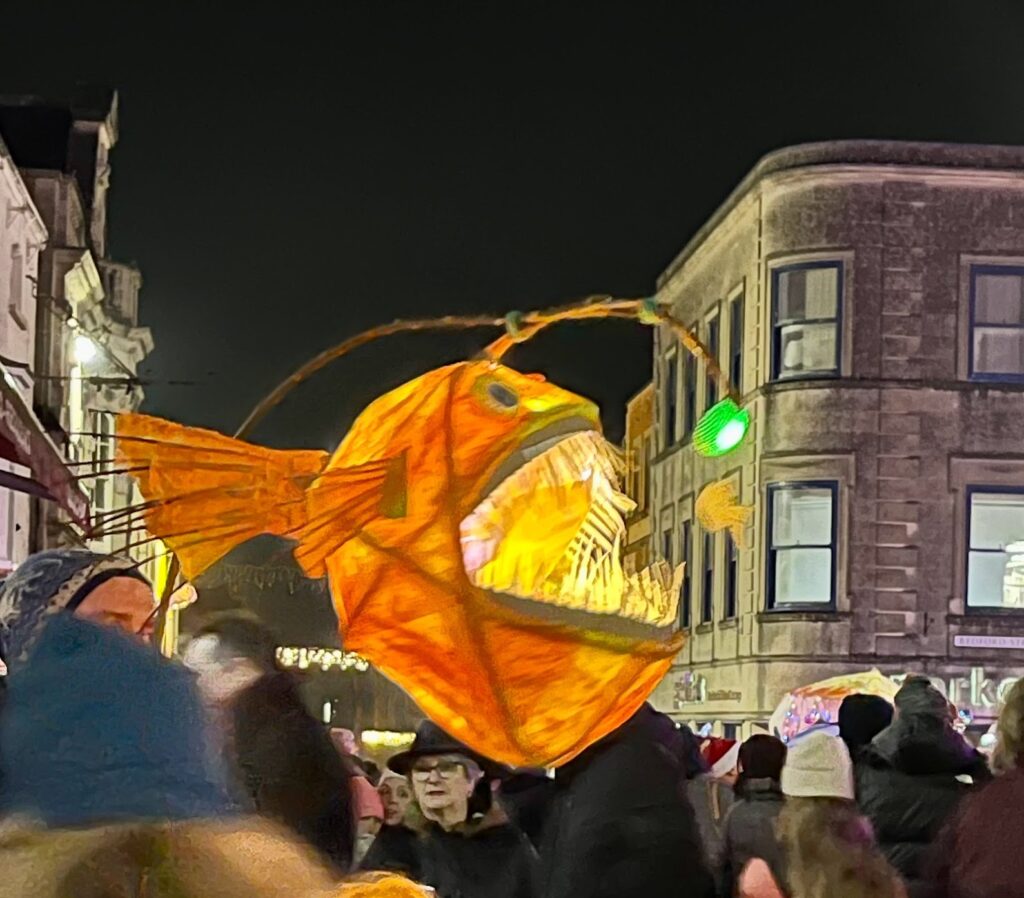This Week’s Bit of String: Playground tales
My kid had quite a flair for tales with a twist. Only, I don’t think they meant to be suspenseful; stories just developed that way.
Once, after a solo trip to the playground, they weren’t very forthcoming as I asked about what they did. They didn’t get to climb much, or have a kickaround. It took a bit more questioning before they said, “I didn’t have time to do any of those things… because H was holding my head down on the pavement.”
Now, that’s a statement that will hook a parental audience.

Eventually, my little Bear explained that while they were climbing and swinging, one of their classmates and his big brother H thought Bear said something rude, and the boys tackled them. My kiddo ended up with a rather large local knucklehead sitting on their back.
Why the delayed reveal? Not for melodramatic reasons in this instance, but probably because Bear wasn’t sure what to make of the whole thing, and needed time before they could articulate such a shocking escalation.
Withholding Information
Deep into novel edits and following research into story structure, I’m still thinking about the most engaging way to develop the plot and the character trajectories. I attended an event a few years ago where the speaker said every story must have a twist, and that disconcerted me. I am not a mystery writer.
But this could be a twist of fate, a turn of events. There are so many types of suspense: suspense for the welfare of a beloved character, tension that an innocent may be misunderstood or that a character with baggage will trip themselves up into yet another mistake.
And there are reveals. Using first-person narration for myth retelling, in The Gospel of Eve the plot follows Eve trying to assert herself to her descendants without turning them against her. There are flashbacks interspersed throughout, building to her memories of taking the forbidden fruit, and essentially, losing two sons. I’ve saved the most well-known, pivotal moments for later in the book, hoping to build trust in the narration and suspicion that there’s a lot more to what we’ve been told before.

But it’s not just me stalling and building up. Eve isn’t ready to talk about it. It takes generations (people lived a long time back then, according to Genesis) for her to fully revisit what she remembers of Cain killing Abel. As with Marilynne Robinson’s Gilead, or other stories like Elinor Oliphant is Completely Fine, the speaker takes time to face up to things, and often events force them to as darkness comes to light.
Scaling Down
The balance between revelation and suspense becomes more confusing in extra tasks like crafting a pitch. At the start of February, I worked on a new, longer synopsis for a submission. A synopsis fully outlines the plot for agents/ publishers, so they know how it develops. It’s tricky working out which events to include and how to inject character instead of a dry summary.
A pitch is different: it’s shorter and you aren’t supposed to reveal everything. You want to hook an agent’s interest, persuade them to want more. (Why do we use the term “hook?” When a fish gets hooked, I doubt it wants to repeat the experience.)
Anyway, I spent the end of February working on a 100-word pitch. It needs to convey the character’s journey, establish the genre and setting, maybe include other titles for comparison, and preferably should all be done in line with the character’s voice.

Again, rather tricky. Ideas played through my mind, even as I did housework while listening to political podcasts. On an “Offline” episode, Jon Favreau (not the cinema Jon Favreau) talked about crafting difficult speeches for Obama. Sometimes, nothing seemed to work, so they’d rip everything up and restart from: “What are the truths we want to tell? Even if we can’t say it for political reasons, what are the truths?”
So I said to myself, “What do I MOST want to tell people about my book?” It took me a few tries, and it’s probably not totally there yet. But I kind of like it! Here’s the opening:
Fruit, fratricide, and feminism: Eve and her oldest daughter Ana retell the creation myth.
Think parenting is hard? Eve plots maternal interventions when at best, empowering her children could lead them to condemn her. At worst, her children will kill each other.
I’m not revealing anything that isn’t common knowledge. Hopefully I’m giving it fresh relevance, though. The fun thing with any story we start to read or to write is that we can never be sure where it will end up.
Do you have preferences over what gets revealed when?